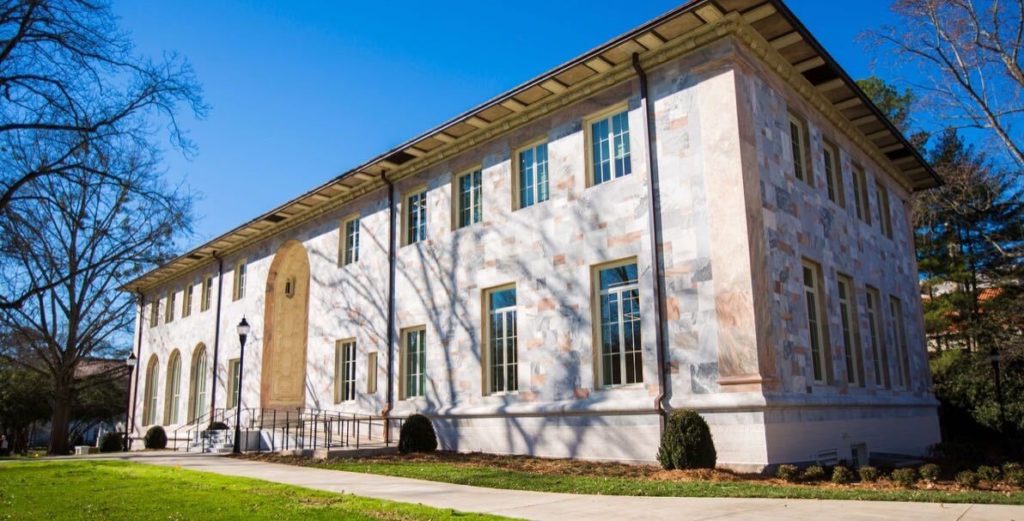
Courtesy of Emory Photo/Video
Emory announced that it will implement a series of cost-saving measures to combat the economic fallout from the COVID-19 pandemic, which has rocked the University’s “financial foundation.”
In an April 14 letter emailed to University faculty and staff, Chief Financial Officer Christopher Augostini and Interim Provost and Executive Vice President for Academic Affairs Jan Love wrote that the pandemic has hampered Emory’s core activities: teaching, research and health care.
The letter did not specify exactly how much the University has lost due to the pandemic.
“Emory has lost revenue related to the suspension of mission-related activities, incurred costs related to supporting students’ financial needs, and faculty and staff salary continuation,” the letter reads. “The economic recession resulting from the pandemic will be felt for many months and will require significant adjustments for all of us.”
Love and Augostini noted that while the University has a large endowment — growing to $7.87 billion in 2019 — it cannot be used to replace lost revenue because portions of it are reserved for “specific initiatives, as directed by donors.” Due to the decline in global financial markets, the endowment’s overall market value will also decline, resulting in a reduction in “the annual payout that supports Emory operations.”
In an effort to mitigate further damage, the University has implemented a hiring freeze “with limited exceptions” that will remain in place until Aug. 31, 2021. Such exceptions include positions that ensure teaching and research missions are fulfilled. Schools and departments can continue hiring students for positions that are currently held by students.
The University also eliminated merit-based salary increases for faculty and staff until Aug. 31, 2021. Pay increases that come with faculty promotions and regular performance reviews will continue, however.
Non-essential staff travel will be suspended through Aug. 31, 2021, but travel associated with “student immersion learning trips and fundraising activities” are considered essential and will resume when the University deems it safe to do so. University-sponsored travel was first suspended on March 19.
Some capital projects and renovations will be delayed as the University evaluates its master planning, although “projects that are supported by philanthropy will continue, thanks to the generosity of our donors, and will be performed within the terms of those gift agreements.” The letter did not specify which projects will continue.
Administrative units will also transition to a zero-based budgeting system over the next two years wherein all expenses must be justified before the end of the accounting period.
“Emory has utilized an incremental budget process for over two decades; the zero-based budget process allows units to refocus and recalibrate our critical administrative infrastructure,” the letter reads.
The University will carry out a 5% budget reduction for all administrative units until fiscal year 2021, and all non-essential discretionary spending, such as gifts or food, will either be eliminated or delayed until Aug. 31, 2021.
The measures were imperative for scholarships, professorships and sustained global research, according to the letter.
Former Editor-in-Chief | Isaiah Poritz (he/him) (21C) is from Salt Lake City, Utah, and majored in political science.






